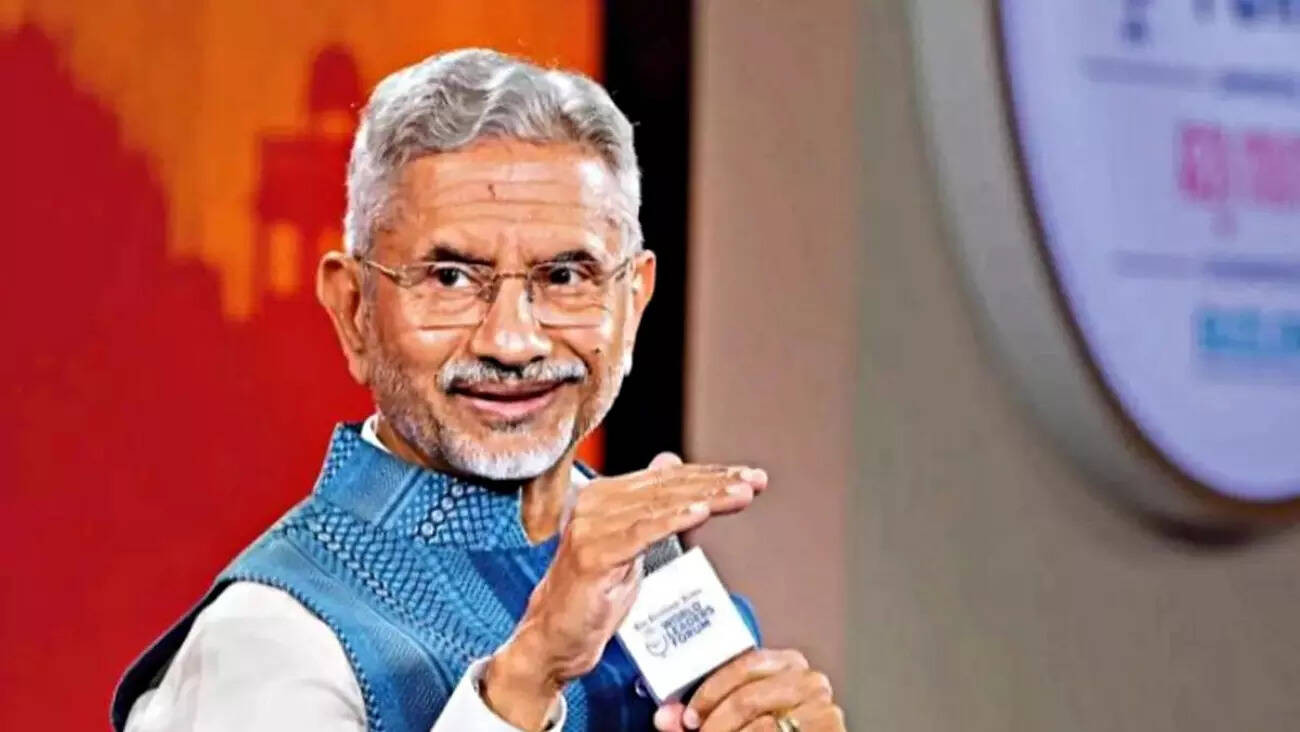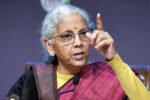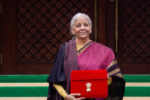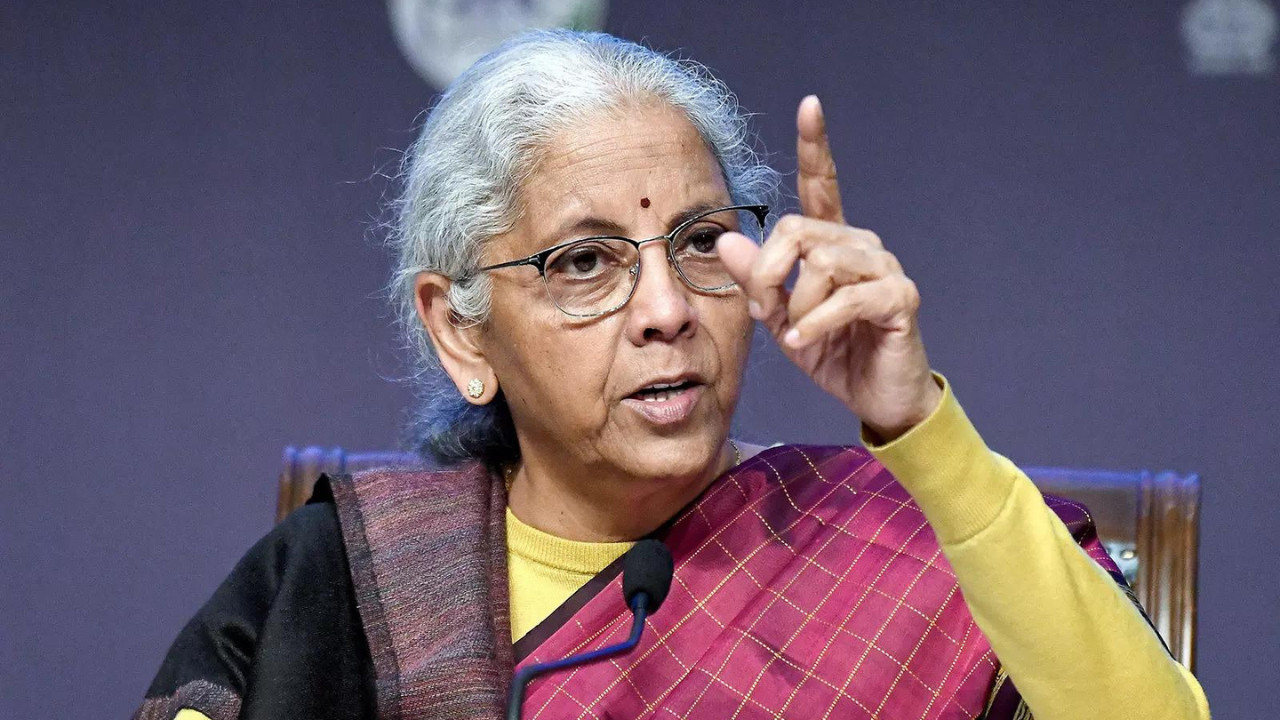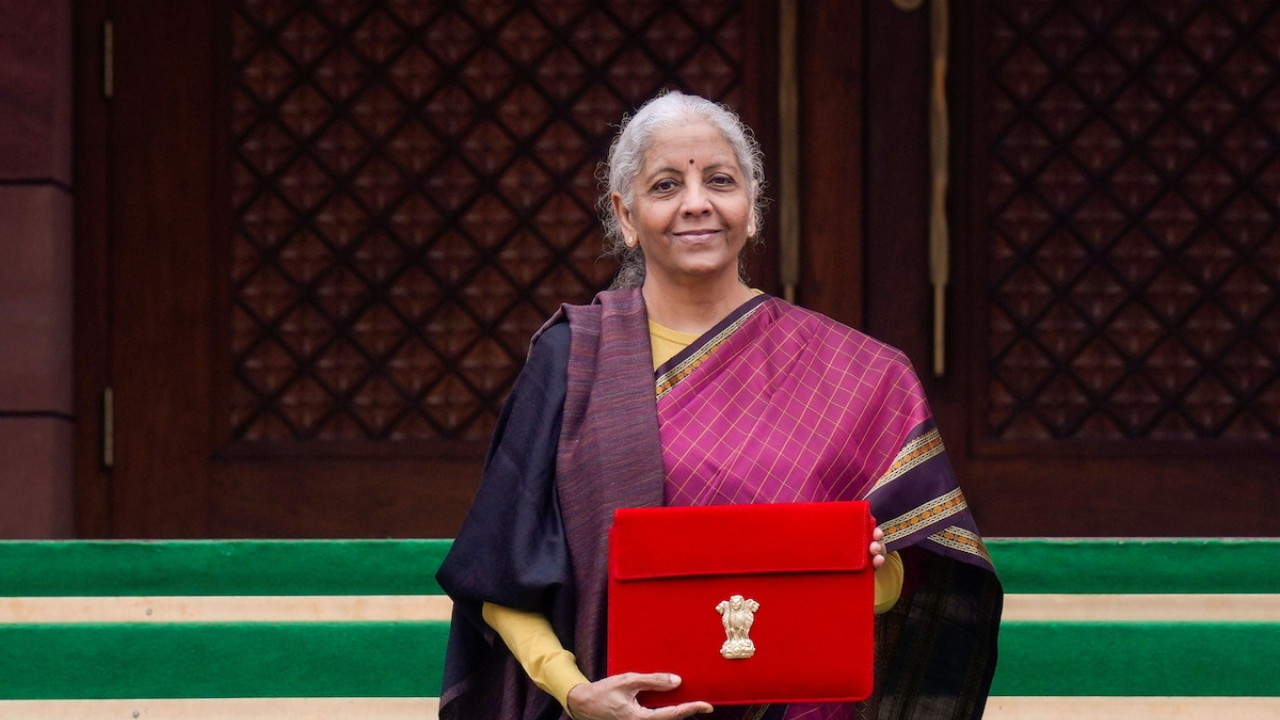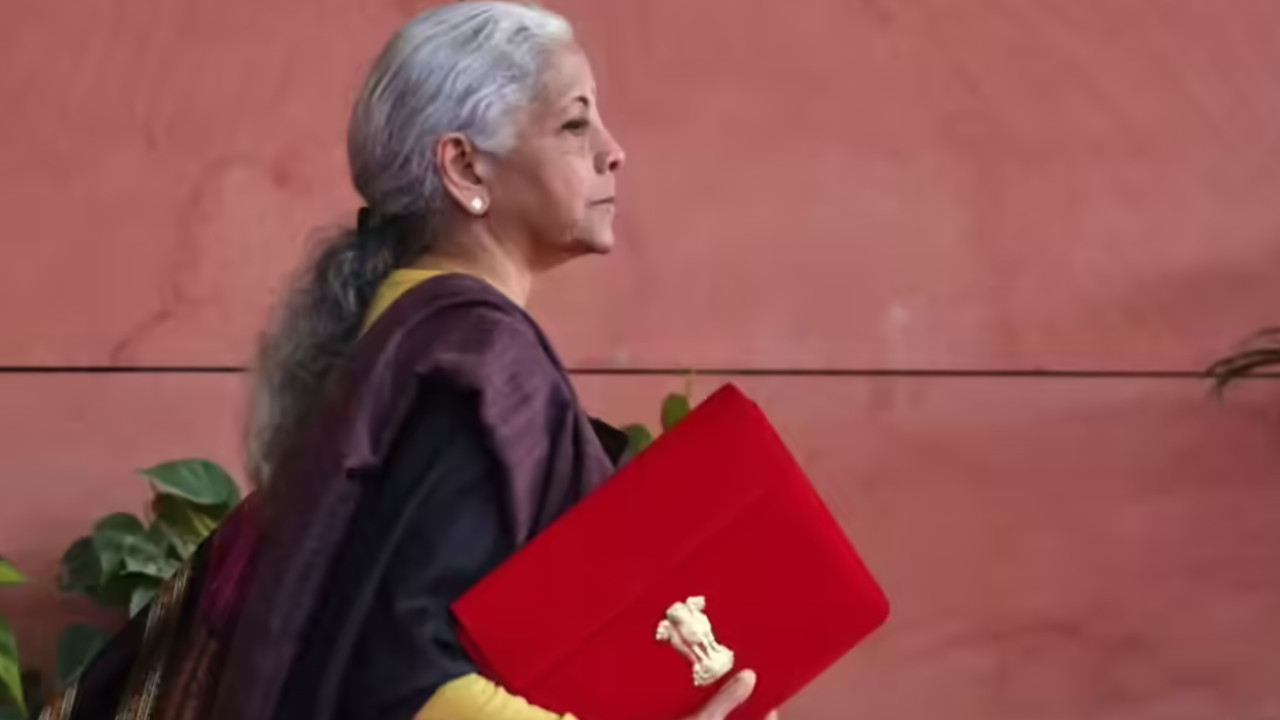External Affairs Minister Jaishankar advocated for diversified supply chains, highlighting India’s experiences with trade and strategic control. He confirmed ongoing India-US trade discussions, emphasizing the protection of Indian farmers’ interests. Jaishankar addressed India’s stance on Russian oil purchases, asserting the nation’s right to make decisions in its national interest.
Navigating a Shifting World Order: India’s Path to Strategic Autonomy
The global chessboard is constantly shifting, and recent years have felt more like a rapid-fire blitz game than a slow, calculated match. For India, this period has been a crash course in adapting to a world where old certainties are fading and new power dynamics are emerging. One key lesson learned? Diversification and building true strategic autonomy.
External Affairs Minister S. Jaishankar recently offered insightful commentary on how India is recalibrating its approach to international relations, particularly in light of experiences with shifting global trade landscapes and diplomatic strategies. His remarks underscored a deliberate move away from over-reliance on any single market and towards fostering a more resilient and independent foreign policy.

The Trump Era: A Wake-Up Call for India
While not explicitly stated, the subtext of Jaishankar’s comments pointed to the shifts witnessed during the Trump administration. The “America First” policy, characterized by trade protectionism and a more transactional approach to alliances, served as a stark reminder that even long-standing partnerships can be subject to abrupt changes. This isn’t about assigning blame, but rather acknowledging the reality of a multipolar world where national interests often take precedence. The key takeaway for India? Building resilience against sudden geopolitical headwinds.
Imagine investing heavily in a particular export market, only to see tariffs skyrocket or trade agreements dissolve unexpectedly. The disruption would be significant. That’s precisely the scenario India is working to avoid by cultivating diverse trade relationships across the globe. It’s about future-proofing the Indian economy against the whims of any single nation’s political agenda.
Beyond One Basket: Diversifying Trade Relationships
The concept is simple: don’t put all your eggs in one basket. But the execution requires careful planning, strategic investment, and proactive diplomacy. India is actively pursuing free trade agreements with a wider range of countries and regional blocs. This includes strengthening ties with Southeast Asia, Africa, and Latin America, regions that offer significant growth potential and reduce dependence on traditional markets.
This diversification isn’t just about economics; it’s about strategic resilience. By forging stronger connections with a wider range of nations, India is also building a broader base of diplomatic support on the world stage. This allows India to more confidently advocate for its interests and navigate complex geopolitical challenges. Learn more about India’s growing role in South Asia and its impact on regional stability.
Embracing Strategic Autonomy: Defining India’s Role
At its core, strategic autonomy signifies the ability to make independent decisions based on a nation’s own assessment of its interests, free from undue external pressure. It doesn’t imply isolationism or a rejection of alliances; rather, it emphasizes the importance of agency and self-determination in foreign policy.
For India, embracing strategic autonomy means strengthening its domestic capabilities, investing in technological innovation, and building a robust defense industry. It also means actively shaping the global narrative and advocating for a more inclusive and equitable international order. This isn’t about simply reacting to events but proactively shaping them. India’s voice is increasingly important in global forums, and this independence allows that voice to resonate even stronger.
A Path Forward: Resilient and Independent
The lessons of recent years have been invaluable. India is emerging as a more resilient, independent, and strategically savvy player on the global stage. By diversifying its trade relationships and embracing strategic autonomy, India is positioning itself to navigate the complexities of the 21st century with confidence and purpose. This proactive approach ensures a stable and prosperous future, regardless of global uncertainties. The journey toward true strategic independence is an ongoing process, but India’s commitment to this path is clear.
